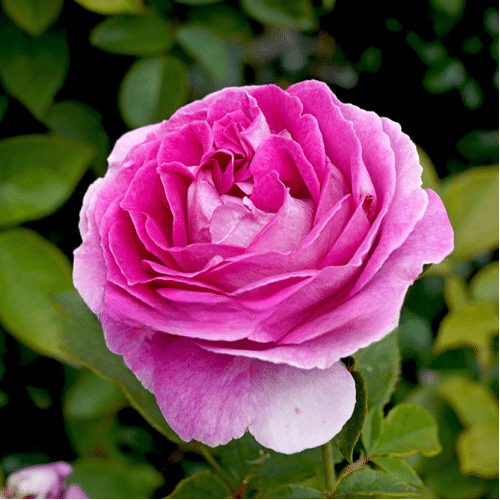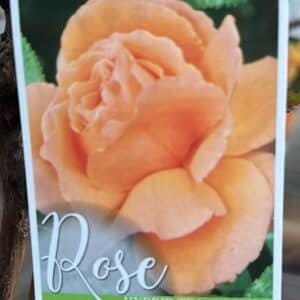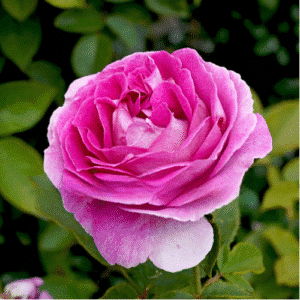‘Raspberry Cupcake’ is a captivating floribunda rose that lives up to its delicious name. It’s an Australian-bred variety from the Cupcake Rose Collection, known for its beautiful form and great garden performance. The blooms are large, full, and perfectly cup-shaped, reminiscent of a dessert. They are a vibrant raspberry-pink colour that holds well in the sun. This rose is not only a visual treat but also offers a lovely, sweet fragrance. The plant has a dense, bushy growth habit and healthy foliage, making it a reliable and attractive addition to any garden.
Usage This rose is a perfect choice for gardeners looking to add a pop of vibrant colour and a touch of romance to their space. Its bushy habit makes it ideal for mass planting in a dedicated rose bed or for creating a colourful border. It can also be successfully grown in large pots and containers, bringing its beauty to a patio or balcony. As the flowers are a beautiful shape and have a wonderful scent, they are also a great option for cutting and bringing indoors for a vase.
Care Tips
- Sunlight: Plant in a position that receives at least six hours of direct sunlight each day. This is essential for encouraging a profusion of blooms and maintaining a healthy plant.
- Soil: Prefers well-drained, fertile soil. Before planting, enrich the soil with organic matter like compost or well-rotted manure to improve its structure and fertility.
- Watering: Water deeply and regularly, especially during the dry Australian summer months. It’s best to water the soil at the base of the plant and avoid wetting the foliage, which helps to prevent fungal diseases.
- Fertilising: To support its continuous flowering, feed ‘Raspberry Cupcake’ regularly throughout the growing season (spring to autumn) with a fertiliser specifically formulated for roses.
- Pruning: Prune in late winter or early spring to shape the bush and remove any old or dead wood. A light trim after each flush of flowers will encourage the plant to produce more blooms.
- Pests & Diseases: This rose is known for its good health and disease resistance, but it’s still a good idea to monitor for common rose pests like aphids and scale.








